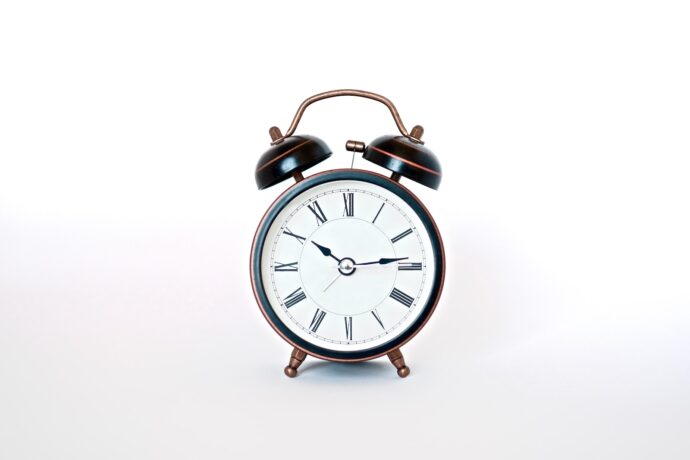
Recent research by the British Psychological Society found that higher stress with less novelty contributes to a sense of “time warp.” For those who can’t remember a lot of 2021, you’re not alone. If we lack certain “anchor events” (like celebrations and going to the movies with a friend), time feels more distorted. The more distortions concerning time, the higher the depression, anxiety, physical and mental “load.”
What Time Distortions Mean for Anxiety, OCD, and Depression
I thought this was interesting and lends some insights for patients with Anxiety and OCD. The multitude of varying symptoms involved in such disorders leads to higher disability, increasing the likelihood of being limited—and in severe cases, homebound—which can lead to more severe symptoms.
While the answer isn’t always “go out and get some sunshine” and can be too reductionistic, it’s certainly not a bad direction to consider. Targets in treatment such as getting out of the house, building in movement, returning to (or finding new) activities, and meaning are all quite powerful in their impact, however small. Experienced clinicians help clients target the most relevant challenges first. One of the greatest assets of having a trained clinician walking with you is this very reason: someone who can help make the complicated things plain and prioritize the order when everything seems overwhelming and complex. Many can unnecessarily spin in circles trying to address the one thing they “should” rather than access the few things that can lead to more breakthroughs.
Those with anxiety and depression can often have a difficult relationship with time, such as:
- fearing the passing of time
- disturbance over feelings of dissociation (depersonalization or derealization)
- ruminating over regrets and past events or mistakes
- hypervigilance and perfectionism to perform “just right” or perfectly with time
- procrastination of time
- “time anxiety” and feeling like time is running out
The Resilient Get Creative
The COVID-19 pandemic led to incredible challenges even for the most mentally healthy. However, resilience isn’t owned by those without disorders. It can be learned. More resilient people seek “creative ways to alter difficult situations.” It often helps to have support in doing this. Bottom line: get out of the house when you can, build in activities, create some novelty, and push back on the urge to give up these things when the going gets tough. Can’t do it? Please ask for help.








Leave a Reply